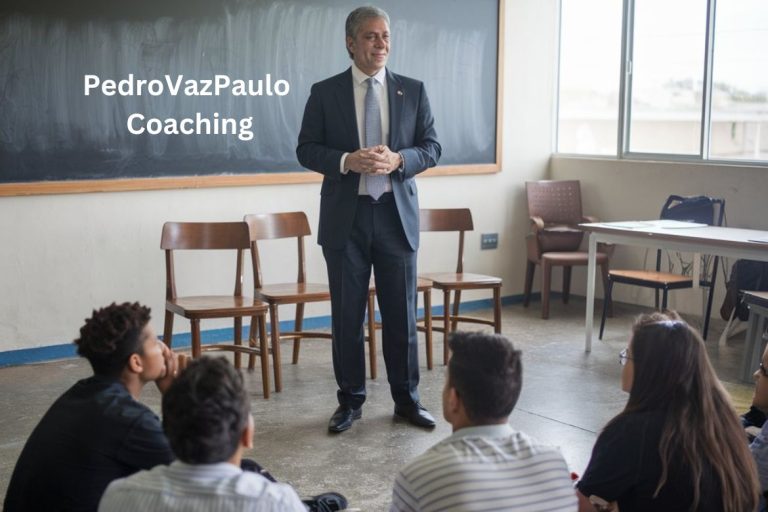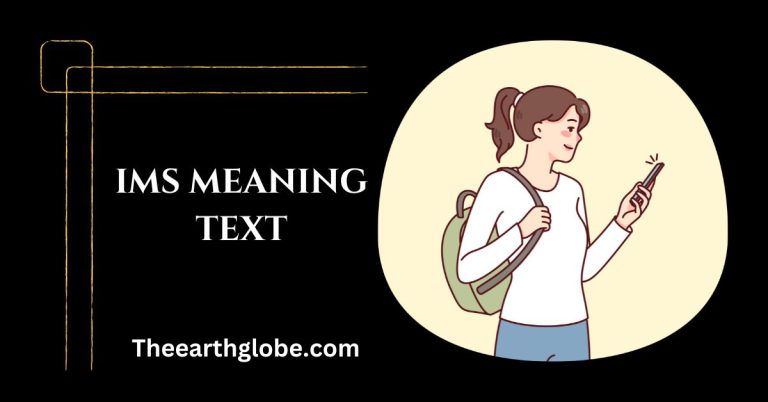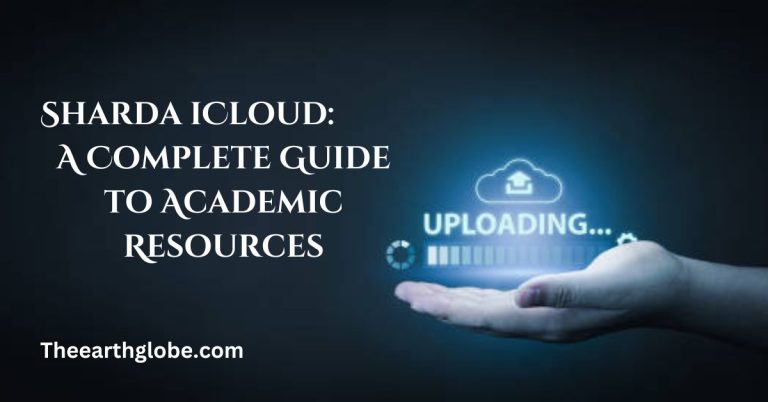The Secret to Succeeding in Graduate School: Balancing Fun and Academics
Navigating through graduate school is as much about hitting the books as it is about personal growth and development. While academic excellence remains the cornerstone, integrating recreational activities and building networks are equally crucial in shaping a well-rounded postgraduate experience. Striking the right balance between these realms can lead to not only academic success but a rewarding journey throughout your higher education. Below, we will explore the dynamic strategies that foster a harmonious work-life balance for graduate students.
Integrating Social Activities and Networking into Your Busy Schedule
Social engagement is not merely a diversion but an integral part of the graduate experience. This aspect is where networking comes alive, becoming a key element for future opportunities. Time must be carved out to attend conferences, seminars, and even informal gatherings, as these events are platforms for exchanging ideas, meeting mentors, and developing professional relationships.
Joining student organizations or clubs pertinent to one’s field of study can facilitate connections with like-minded individuals, often leading to collaborative endeavors. These groups often host events that contribute to one’s professional development while simultaneously adding an enjoyable component to the academic journey.
While integrating social activities into a hectic schedule might seem challenging, combining such events with relaxation periods can be a dual-purpose strategy. For instance, attending a mixer can be a break from the solitude of the library, serving as both a networking opportunity and a well-deserved respite.
An exciting way to merge enjoyment with potentially lucrative gains is to participate in a sweepstake casino. These online casinos allow people to play casino games.
Leveraging Campus Resources to Maximize Your Graduate Experience
Universities are rich with resources aimed at supporting graduate students, yet these are often underutilized. Academic libraries, career service centers, and research laboratories provide a wealth of knowledge and tools that are integral to the graduate experience. Exploring and utilizing these assets can greatly enhance both learning and the personal growth that accompanies advanced studies.
Beyond the practical, many institutions offer courses designed to augment research skills or knowledge in niche areas. For instance, participating in health economics and outcomes research courses can provide a unique edge in the competitive sectors of pharmaceuticals and healthcare policy.
Engagement in university clubs and associations brings about personal development opportunities and broadens one’s perspective. These organizations encourage leadership skills, among other soft skills, which are highly valued in the professional world.
Strategizing Your Time: The Key to Academic Success
Success in graduate school is often a result of meticulous time management. Time, when strategized effectively, becomes a valuable asset rather than a source of stress. Creating a detailed study plan at the beginning of each semester facilitates clear vision and sets up a roadmap for meeting academic goals without last-minute panic.
Procrastination is the enemy of progress, especially in a graduate program. Counter it by breaking down large projects into manageable tasks, which can be tackled progressively. This method not only makes the work seem less daunting, but it also facilitates better quality control as you’re afforded the luxury of reviewing and refining each component.
Read also: The Portland PDX to Cannon Beach Shuttle: Your Ultimate Guide
Technological tools and apps designed for task management can be of great assistance in organizing study schedules and keeping track of deadlines. Utilizing digital calendars, reminder applications, and project management platforms can streamline the process of balancing coursework, research, and appointments.
Overall, graduate school is a marathon, not a sprint. It demands perseverance, but also an appreciation for the broader picture that encompasses academics, personal development, and wellbeing. By mastering the art of balance, leveraging the plethora of campus resources, and implementing effective time management and stress reduction strategies, graduate students can fully embrace and excel in this transformative phase of their lives.







